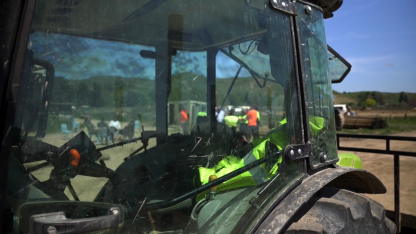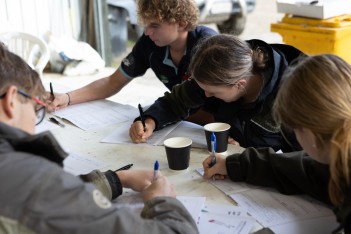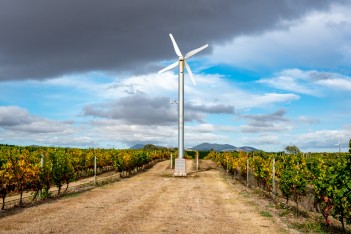2026 Investment Advice
Muka Tangata provides advice to TEC on investment in vocational education to influence funding decisions that considers industry needs, to help match skills and workforce demands with supply.
Learn moreAround 60% of Pork consumed in New Zealand is imported, and may be sold at a cheaper price than local pork.
The COVID-19 pandemic had a considerable impact on the Pork industry, which is currently facing high input costs (e.g., feed costs) and labour shortages.
Egg farmers in New Zealand produce over one billion eggs every year.
Poultry consumption is forecasted to continue to rise over the coming years.
Key Challenges
Find out about our work to assess the quality of programmes delivered by providers for this industry here.
A snapshot of the Poultry, Pigs and other livestock farming workforce development plan is available for download here. Please note that this reflects a point in time (July 2024). The most up to date information is on the workforce development plans website.
Muka Tangata provides advice to TEC on investment in vocational education to influence funding decisions that considers industry needs, to help match skills and workforce demands with supply.
Learn more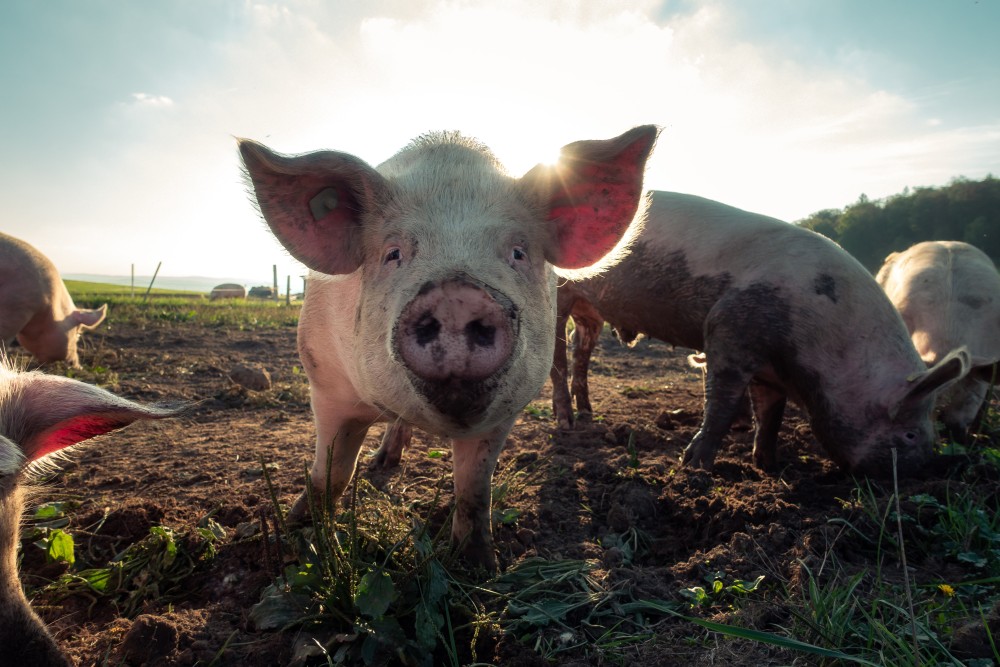
This section provides information about the workforce, industry and Vocational Education and Training (VET) provision and performance. It shows data and research focused on key aspects of Muka Tangata industry groups and learners. This section is expected to feature regular updates to the data and trends being showcased.
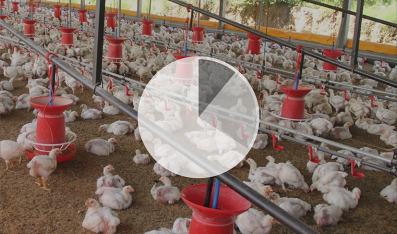
Insights for Industry about trends in economic performance indicators.
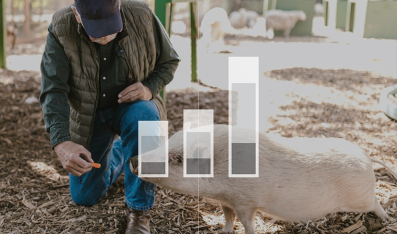
Insights on the workforce, including; size, ethnicity, age, regional distribution, and gender.
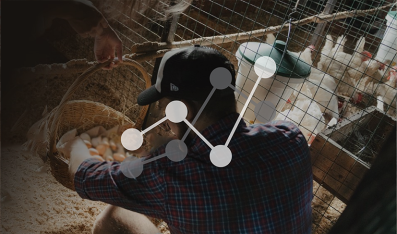
Insights about learners, including trends in enrolments and mix of provision.
Since we first developed our workforce development plan for Poultry, Pigs and other Livestock, it has become evident that there is a gap in provision for both Poultry and Pork programmes and qualifications. Providers are reluctant to invest in programme development for such a small number of learners. Although Poultry and Pork specific enrolments are small, they are all work-place based programmes. Because the industries struggle to attract people into the workforce, having historically relied on skilled migrant workers to fill a gap in skills, it is imperative that the right skills are being taught to those who are looking to enter the workforce.
This is our plan to address the vocational education and training opportunities that arose from our engagement, research and analysis. It includes real projects that we are committed to delivering, with most of these spanning across some or all Muka Tangata industries. Our Projects have replaced our previous “Roadmap Actions” and present a consolidated view of our mahi. Some of the previous roadmap actions have been completed or closed out following a review of our work programme and engagement with industry on the priority of these actions.
